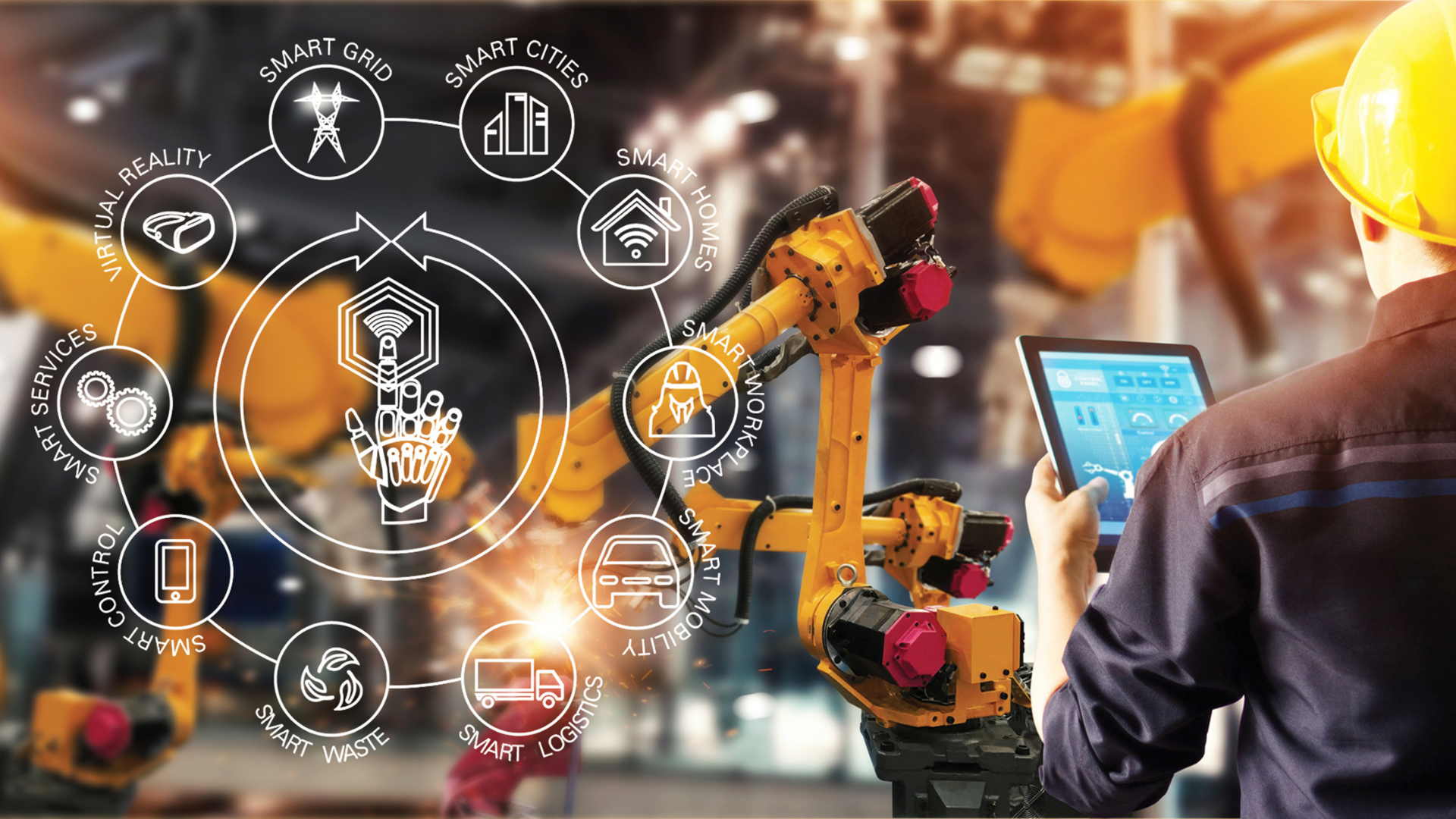The electro-mechanical industry is fundamentally being transformed by Industry 4.0, which is ushering in an era of more efficient and innovative practices. Increasingly, companies are integrating automation and Artificial Intelligence (AI) to optimise manufacturing processes, enhance productivity and deliver better solutions to clients.
This technological evolution is not optional, but essential for companies to remain competitive in a rapidly evolving marketplace. Industry 4.0 is a paradigm shift that is driving industry players into a digital future where they can thrive in an increasingly digitised environment.
By introducing advanced technologies such as the Internet of Things (IoT), automation, data analytics and AI, Industry 4.0 is reshaping the electro-mechanical industry, as these technologies create an intelligent digital connection to historically analogue equipment. This assists companies to increase efficiencies, sustainability, and safety of their equipment.
Automation and AI also play a critical role in creating high and continuously improving Overall Equipment Effectiveness (OEE) metrics that in turn optimise manufacturing processes and enhance productivity. Constantly evaluating these metrics through the utilisation of AI algorithms can improve many aspects of the manufacturing process. For example, it can reduce downtime, optimise performance, and enhance quality control and efficient changeovers, all through data-driven decision-making.
Increasing profitability
Data-driven decision-making from real-time data analytics enables organisations to analyse market trends, customer behaviour and operational performance to identify opportunities to improve, optimise resource allocation and ultimately increase profitability.
Ultimately, digital transformation enables companies to gather more and more data about their equipment and processes, while AI is key to learning how to improve, progress and evolve into the next industrial revolution. This is a key requirement for traditional electro-mechanical companies to remain relevant in a market that demands increasingly innovative solutions.
Generally, South African businesses and companies in other parts of the continent are making steady progress in terms of adopting Industry 4.0 and it is an exciting era that is underscored by large-scale research and development to find solutions to our unique environmental challenges. Organisations are beginning to see the potential benefits and value that these solutions could potentially bring to them and their customers.
However, the uptake of digital transformation is to some extent being hindered by the prevailing skills gap within the electro-mechanical sector, as well as a fear of change, infrastructure challenges and a lack of access to capital for many smaller companies. Large organisations, along with government initiatives, are at the forefront of Industry 4.0 adoption as they endeavour to stay competitive on the international stage.
Overcoming resistance
Yet, the biggest challenge for organisations adopting these new technologies is getting “buy-in” from their internal stakeholders. To overcome resistance to change, they must ensure that every stakeholder understands the value of these solutions. Resistance can manifest in various forms, from a lack of capital commitment to perceived job uncertainty. It is up to the leadership team to explain how these technologies enable the organisation to reach its goals.
Companies can harness the full potential of digital technologies to drive sustainable growth in the electro-mechanical sector by utilising experts within their organisations. Additionally, they should engage the services of a capable consultant to develop smart technologies that complement existing processes, products and services in a way that adds real value for stakeholders. Knowing which solutions would have the biggest impact on an organisation’s goals should impact the prioritisation in selecting a project.
Companies such as ACTOM Smart Technologies, a leader in Industry 4.0 solutions, can help organisations adapt, innovate, and thrive in the digital age while optimising efficiency, sustainability, and safety. The company is a trusted partner for businesses seeking to embrace digital transformation, automation, and a culture of innovation, offering tailored solutions that add real value and ensure long-term success.



